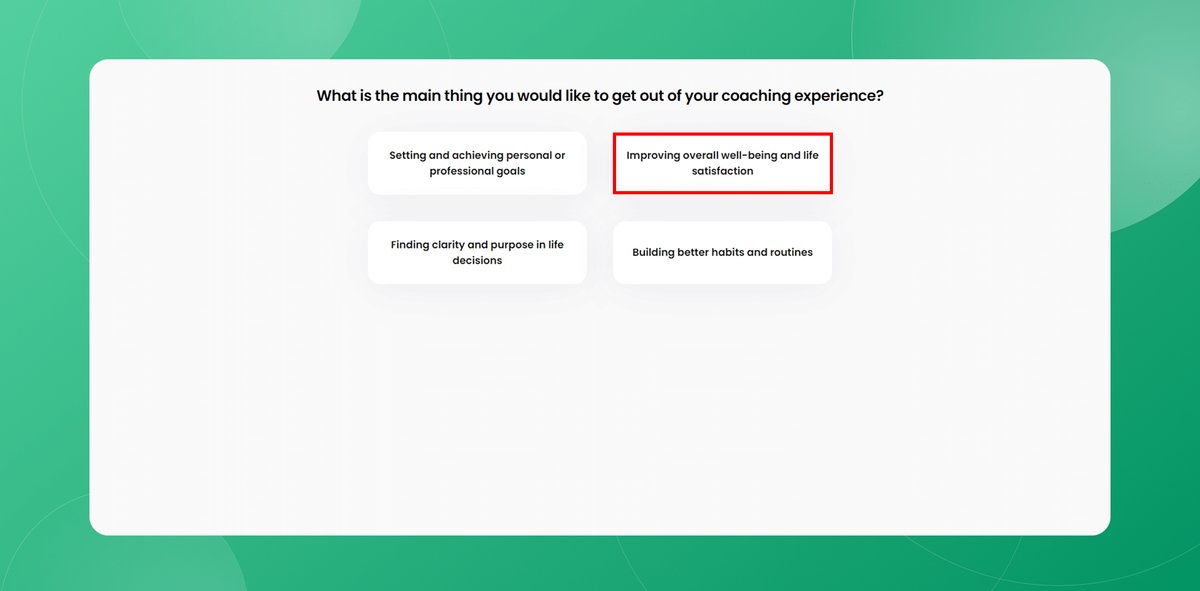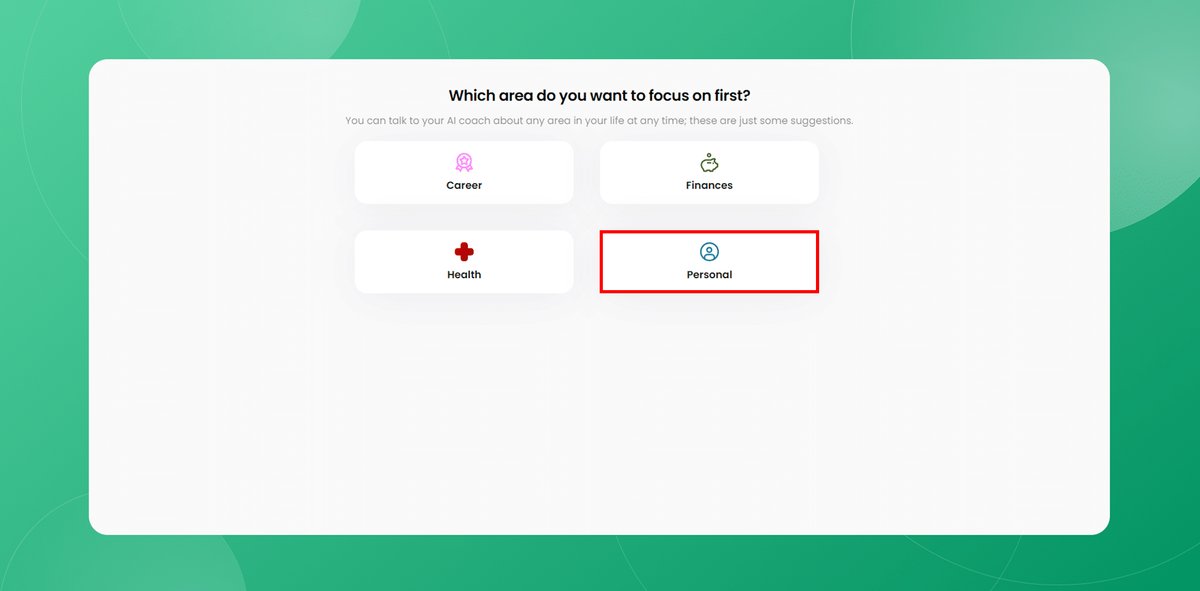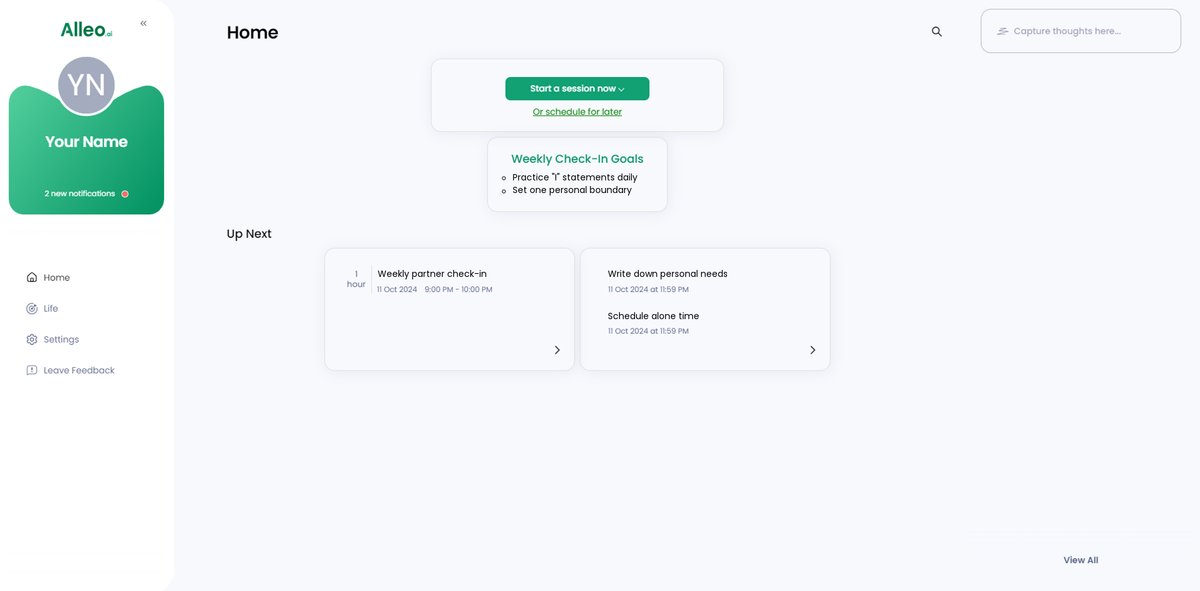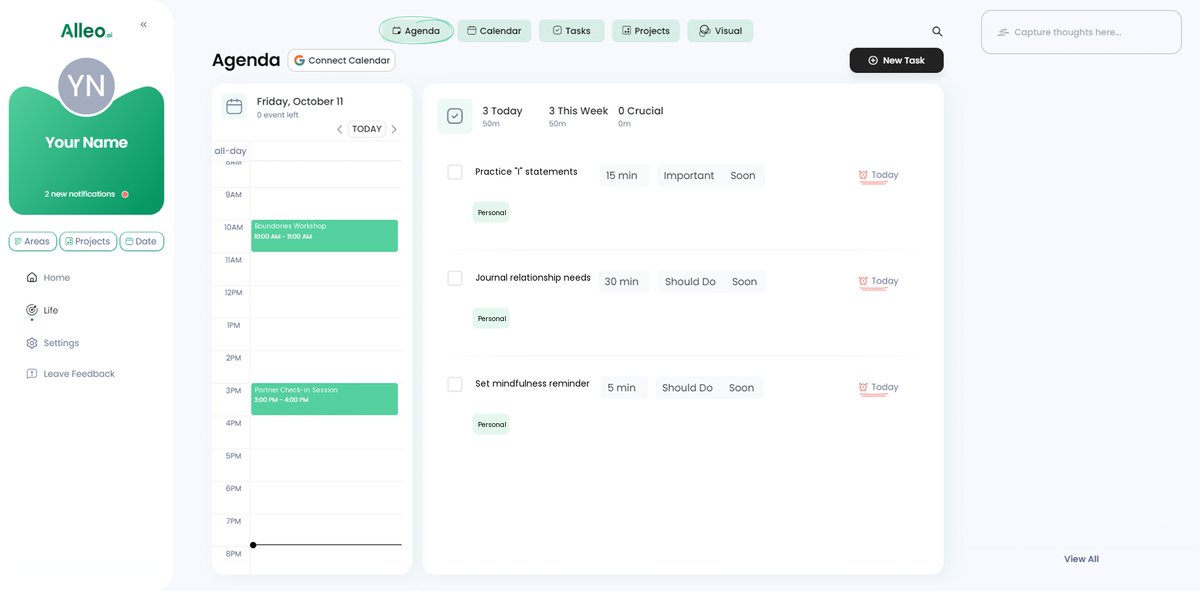How Introverts Can Express Needs Without Guilt in Relationships: 4 Fundamental Principles
Ever feel like you’re constantly walking on eggshells, afraid to express your needs without guilt in relationships?
As a life coach, I’ve helped many women navigate these challenges. In my experience, expressing needs without guilt in relationships is crucial for maintaining healthy partnerships, especially for introverts and quiet personalities.
In this article, you’ll discover strategies to communicate your needs confidently, set clear boundaries, and manage guilt. You’ll also learn how to use mindfulness to support your emotional well-being and overcome guilt in assertiveness. These introvert communication strategies will help you achieve relationship balance and build confidence in stating preferences.
Let’s dive in.

Understanding the Struggle of Expressing Needs in Relationships
Many introverted women face the challenge of expressing needs without guilt in relationships. This guilt often stems from societal expectations and internal pressures to be accommodating and selfless, especially for those learning about setting boundaries in relationships.
Consequently, the fear of being perceived as selfish or demanding can hinder open communication, a common hurdle in introvert communication strategies.
In my experience, people often find that withholding their needs leads to resentment and emotional fatigue. This can negatively impact relationship dynamics, making it difficult to maintain a healthy connection and highlighting the importance of self-advocacy for introverted partners.
Moreover, when needs are not communicated, misunderstandings and frustrations are likely to arise, emphasizing the need for effective communication for quiet personalities.
Ignoring your needs won’t make them disappear; it only builds tension. Acknowledging and addressing these feelings is crucial for both your well-being and the health of your relationship, making expressing needs without feeling selfish an essential skill for navigating relationships as an introvert.

Strategies for Expressing Needs Without Guilt
Overcoming this challenge of expressing needs without guilt in relationships requires a few key steps. Here are the main areas to focus on to make progress for introverts and quiet personalities:
- Practice using “I” statements to express needs: Clearly communicate your needs respectfully and assertively, a crucial self-advocacy strategy for introverted partners.
- Set clear boundaries for alone time: Establish personal space to recharge, essential for setting boundaries in relationships and maintaining relationship balance for introverts.
- Schedule regular check-ins with your partner: Maintain open communication and emotional connection, an effective communication approach for quiet personalities.
- Use mindfulness to manage guilt and anxiety: Reduce stress and increase self-awareness, helping in overcoming guilt in assertiveness and building confidence in stating preferences.
Let’s dive into these strategies for expressing needs without guilt in relationships!
1: Practice using “I” statements to express needs
Using “I” statements is essential for expressing needs without guilt in relationships, especially for introverts and quiet personalities.
Actionable Steps:
- Practice with a friend or in front of a mirror to gain confidence in using “I” statements, a key self-advocacy strategy for introverted partners.
- Write down common scenarios where you need to express needs without feeling selfish and draft “I” statements for each.
- Attend a workshop or online course focused on effective communication for quiet personalities to refine this skill.
Explanation: Practicing “I” statements helps you communicate your needs without sounding accusatory, which can improve relationship dynamics and balance for introverts.
This strategy aligns with current trends in interpersonal communication, as discussed in the importance of setting boundaries article.
By focusing on your feelings, you can assert your needs without guilt in relationships while minimizing conflict.
Key benefits of using “I” statements include:
- Improved emotional clarity for introverts’ guide to emotional expression
- Reduced defensiveness in conversations, aiding in overcoming guilt in assertiveness
- Enhanced mutual understanding, crucial for relationship balance for introverts
These steps can empower you to express needs without guilt in relationships, leading to healthier and more fulfilling connections while building confidence in stating preferences.

2: Set clear boundaries for alone time
Setting clear boundaries for alone time is essential for introverts to recharge and maintain emotional balance in relationships. This practice is crucial for expressing needs without guilt in relationships.
Actionable Steps:
- Identify and write down specific boundaries that are important to you, such as “I need one hour of alone time after work.” This is a key introvert communication strategy.
- Communicate these boundaries clearly to your partner, explaining why they are important for your well-being. This is an example of self-advocacy for introverted partners.
- Use visual reminders, like notes or calendar events, to reinforce these boundaries and ensure they are respected, helping in setting boundaries in relationships.
Explanation: Establishing boundaries helps maintain your energy and emotional health, which is crucial for sustaining healthy relationships and expressing needs without feeling selfish.
According to experts, clear boundaries can prevent misunderstandings and enhance personal well-being, aiding in overcoming guilt in assertiveness.
By prioritizing your need for solitude, you create a balanced environment where both partners can thrive, contributing to relationship balance for introverts.
This approach ensures your needs are met while fostering a healthy relationship, demonstrating effective communication for quiet personalities.

3: Schedule regular check-ins with your partner
Regular check-ins with your partner are crucial for maintaining open communication and an emotional connection, especially when expressing needs without guilt in relationships.
Actionable Steps:
- Set a weekly or bi-weekly time to sit down with your partner and discuss how both of you are feeling, focusing on effective communication for quiet personalities.
- Use a structured format for these check-ins, such as starting with positive feedback before discussing any concerns or needs, which can help in setting boundaries in relationships.
- Keep a journal to track the outcomes of these check-ins and note any recurring issues or improvements, aiding in self-advocacy for introverted partners.
Explanation: Regular check-ins help ensure that both partners feel heard and valued, which strengthens the relationship and aids in expressing needs without feeling selfish.
According to experts, consistent communication is key to resolving conflicts and building trust, particularly important for introverts’ guide to emotional expression.
These meetings provide a safe space for both partners to express their needs and concerns, fostering a supportive and understanding environment and helping in overcoming guilt in assertiveness.
Elements of effective partner check-ins:
- Active listening without interruption, essential for introvert communication strategies
- Expressing gratitude and appreciation, contributing to relationship balance for introverts
- Collaborative problem-solving, aiding in building confidence in stating preferences
This approach ensures ongoing dialogue, helping to maintain a healthy and balanced relationship while navigating relationships as an introvert.

4: Use mindfulness to manage guilt and anxiety
Using mindfulness is crucial for managing guilt and anxiety when expressing your needs without guilt in relationships, especially for introverts.
Actionable Steps:
- Practice daily mindfulness exercises: Incorporate deep breathing or meditation for 10 minutes each day to reduce stress and improve self-advocacy for introverted partners.
- Engage in self-compassion practices: Remind yourself that your needs are valid and important through positive affirmations, overcoming guilt in assertiveness.
- Utilize mindfulness apps: Use apps like Headspace or Calm to guide your practice and track your progress in building confidence in stating preferences.
Explanation: These steps matter because they help you manage stress and increase self-awareness, making it easier to communicate your needs without feeling selfish.
According to experts, mindfulness practices can significantly improve emotional well-being and personal relationships, supporting effective communication for quiet personalities.
Implementing these techniques can lead to a more balanced and fulfilling relationship, enhancing relationship balance for introverts.
Mindfulness can enhance your emotional resilience and support you in expressing needs without guilt in relationships confidently, an essential aspect of introverts’ guide to emotional expression.

Partner with Alleo to Express Your Needs Confidently
We’ve explored the challenges of expressing needs without guilt in relationships and how to overcome them. But did you know you can work directly with Alleo to make this journey easier and faster for introverts and quiet personalities?
Setting up an account is simple and quick. First, create a personalized plan with Alleo’s help, focusing on introvert communication strategies and setting boundaries in relationships.
Next, work with Alleo’s AI coach to overcome your challenges in self-advocacy for introverted partners. The coach will follow up on your progress, handle any changes, and keep you accountable via text and push notifications, helping you build confidence in stating preferences.
Ready to get started for free and improve your relationship balance as an introvert?
Let me show you how to master expressing needs without feeling selfish!
Step 1: Log In or Create Your Account
To start your journey towards expressing needs confidently, log in to your existing Alleo account or create a new one in just a few clicks.

Step 2: Choose “Improving overall well-being and life satisfaction”
Select “Improving overall well-being and life satisfaction” as your goal to address the challenges of expressing needs without guilt, which will help you develop healthier relationship dynamics and enhance your personal happiness.

Step 3: Select “Personal” as Your Focus Area
Choose “Personal” as your life area to address expressing needs without guilt in relationships, aligning with the article’s focus on improving communication and setting boundaries with your partner.

Step 4: Starting a Coaching Session
Begin your journey with Alleo by scheduling an intake session, where you’ll discuss your needs and goals to create a personalized plan for confidently expressing yourself in your relationship.

Step 5: Viewing and Managing Goals After the Session
After your coaching session, check the app’s home page to review and manage the goals you discussed, helping you stay on track with expressing your needs confidently in your relationship.

Step 6: Adding events to your calendar or app
Use the app’s calendar and task features to schedule your regular partner check-ins and mindfulness sessions, helping you track your progress in expressing needs without guilt and maintaining healthy boundaries in your relationship.

Embrace Your Needs with Confidence
Expressing needs without guilt in relationships is essential for a healthy partnership. Remember, it’s not selfish to prioritize your well-being, especially when it comes to self-advocacy for introverted partners.
By practicing “I” statements, setting boundaries in relationships, scheduling regular check-ins, and using mindfulness, you’ll create a balanced relationship. These steps can help you communicate openly and confidently, even if you’re navigating relationships as an introvert.
It’s important to take action. Your needs matter, and addressing them can strengthen your relationship. Overcoming guilt in assertiveness is key to effective communication for quiet personalities.
Consider using Alleo to support you on this journey. Alleo can help you set goals, navigate conversations, and maintain your boundaries, which is crucial for relationship balance for introverts.
Take the first step towards a fulfilling relationship today. Your well-being is worth it, and building confidence in stating preferences is an important part of an introvert’s guide to emotional expression.